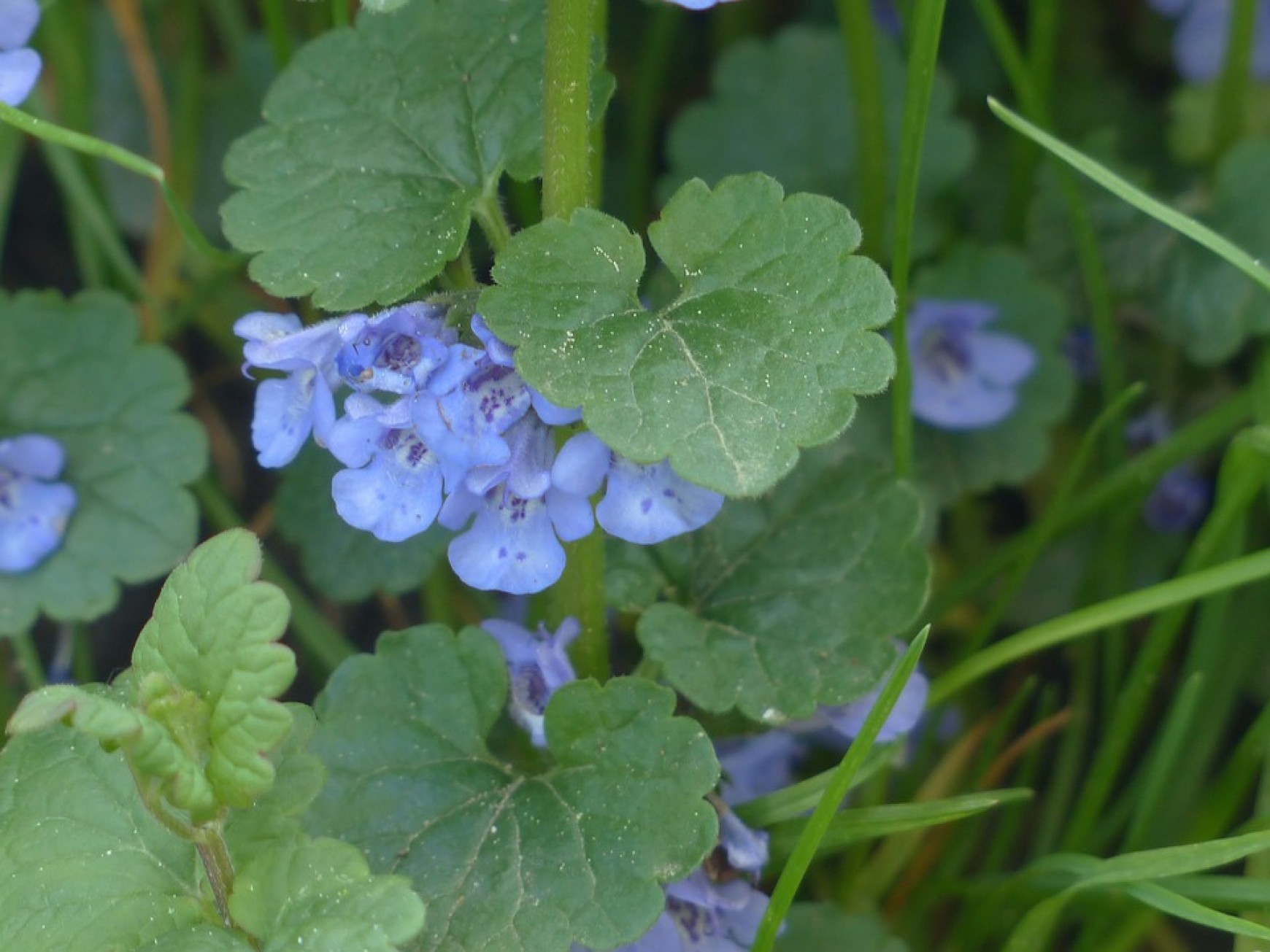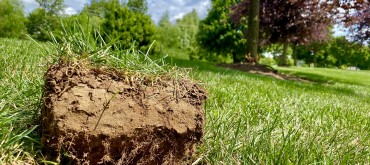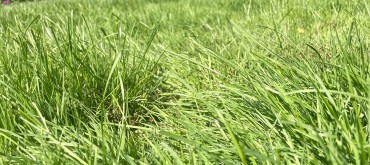Problem
Ground ivy, also known as creeping Charlie has round scalloped leaves that are about the size of a quarter and grow opposite of each other on creeping stems. The weed blooms from April to July with purple flowers ½ to ¾ inch in length. The seeds germinate as soon as they ripen and the weed reproduces by the creeping stems that root at the touchpoint with soil. The weed crowds out other plants due to a dense mat growing pattern and has shallow roots. Ground ivy is often found in damp, shady areas with rich soil but may also grow in the sun. Hand digging doesn’t always solve the problem as any pieces of root that are left in the soil will sprout with new plants.
Life Cycle
Seeds are produced from April to July and growth is most active in the spring.
Solution
The best defence against ground Ivy is a healthy lawn. If your lawn is fertilized regularly, mowed accurately and irrigated properly it will be able to withstand and choke out a weed invasion. First and foremost, watering deep but less frequent will allow the roots of your grass to deepen and in turn prevent the growth of all kinds of weeds. If we think about how seeds germinate like a newly planted lawn, the more often we water the more likely new grass seeds would germinate. So, anything we can do to avoid providing constant moisture to a weed seed bed by watering deeply enough that the existing plants have water in their root zone and even if a new weed germinated, it wouldn’t be able to source enough water long enough to survive.
Always keep your lawn around 3” long, this will give your soil some shade and will prevent any weeds from germinating, especially along the edges. All seeds regardless of type need sunlight at the soil where the seed is present to germinate, so remembering that like mulch in your gardens, if we can prevent the sunlight from reaching the seed when the conditions are favorable for germination, the seed won’t germinate.
If you do get the occasional weed on your lawn, the best solution would be pulling out the weed with its roots or by applying a selective weed control product that is available at your local retail outlet. If you feel like you’ve tried everything and need professional help, we offer a 6 visit program with additional weed control to help your lawn withstand weed invasion. If you have any questions about weeds on your lawn, don’t hesitate to give us a call and a lawn care specialist will be happy help.






